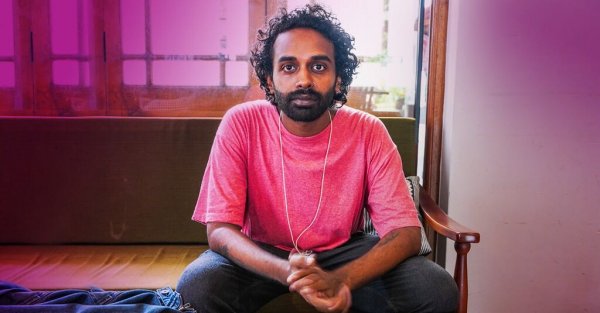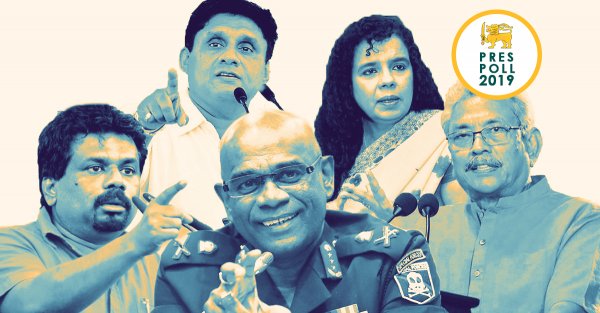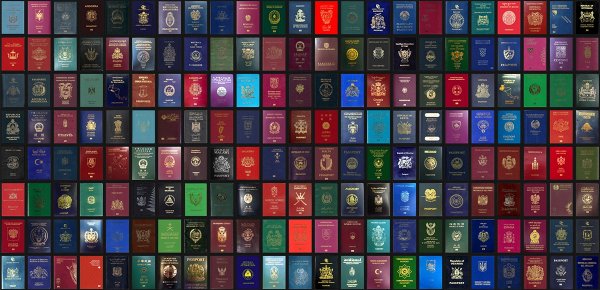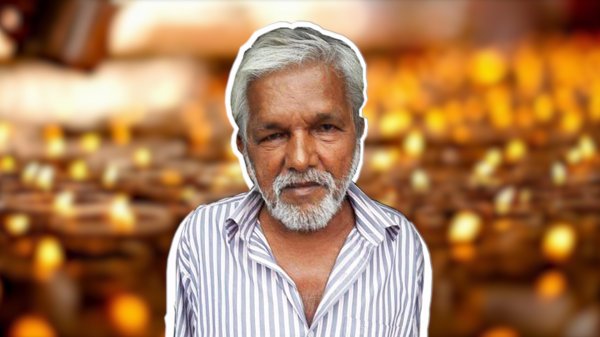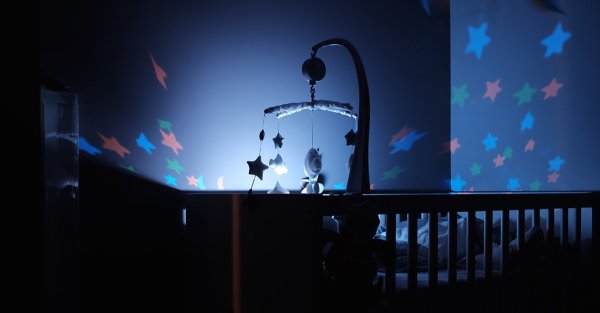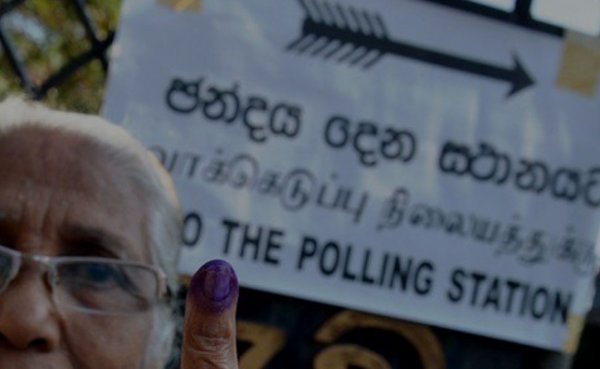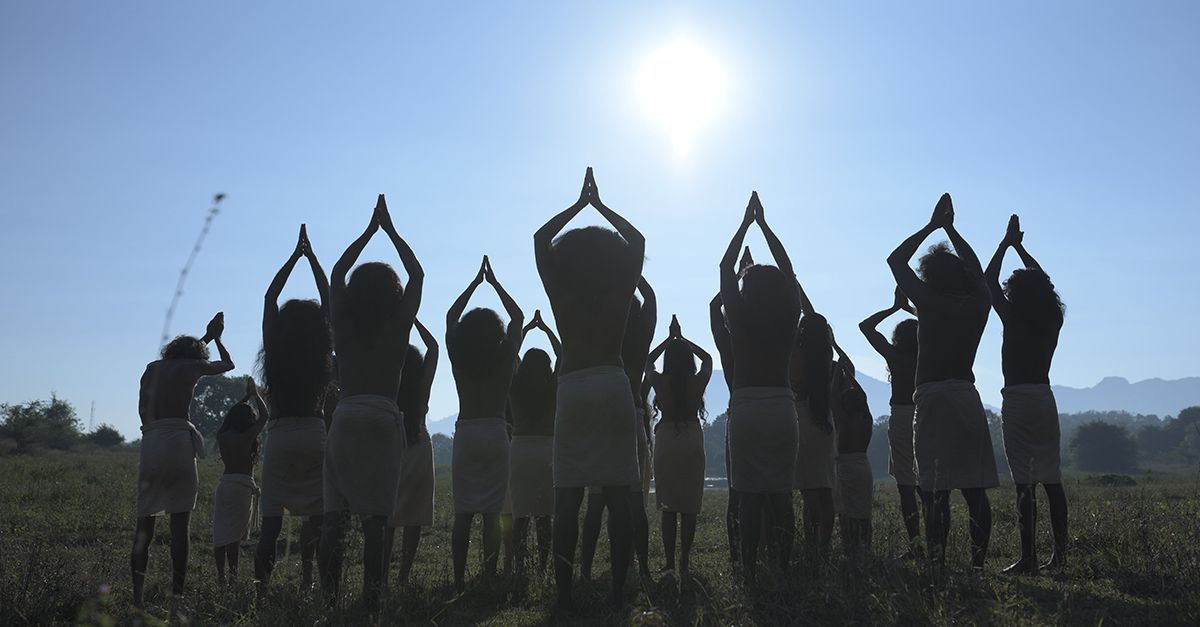
Growing up amid war and ethnic divisions, filmmaker Prasanna Vithanage’s newest venture is a critique of social constructs — particularly that of the Kandyan kingdom in 1814.
His new film, Gaadi (Children of the Sun) tells the story of an oppressed group, a conflicted society, and one fearless woman.
Human Dust
The Rodiya caste was considered one of the lowest in Sri Lanka’s social hierarchy at the time, “and the term is derived from the Sinhala word Rodda, which means dust,” Prasanna Vithanage told Roar Media.
Treated as ‘untouchables’ and equated to ‘human dust’ this community was severely discriminated against, banished to a lifetime of begging. The film revolves around a forced relationship between one noblewoman, ‘Tikiri’, and and one Rodi man, ‘Vijaya.’
Unhappy about being ruled by King Sri Wickrama Rajasinghe due to his South Indian links, the nobles of 1814 Kandy attempt to oust their ruler. A failed attempt leads to the wrath of the King and retribution falling on the shoulders of the aristocratic women. All noblemen’s wives must be handed to the Rodi men, exiled to the margins of society.
However, the idea of belonging to such men is so repugnant, that the women have a choice: agree to a marriage with an outcast or keep one’s dignity by choosing to drown. All except Tikiri choose their dignity.
Stripped of her nobility, Tikiri is now property of the Rodiya caste. She belongs to Vijaya.
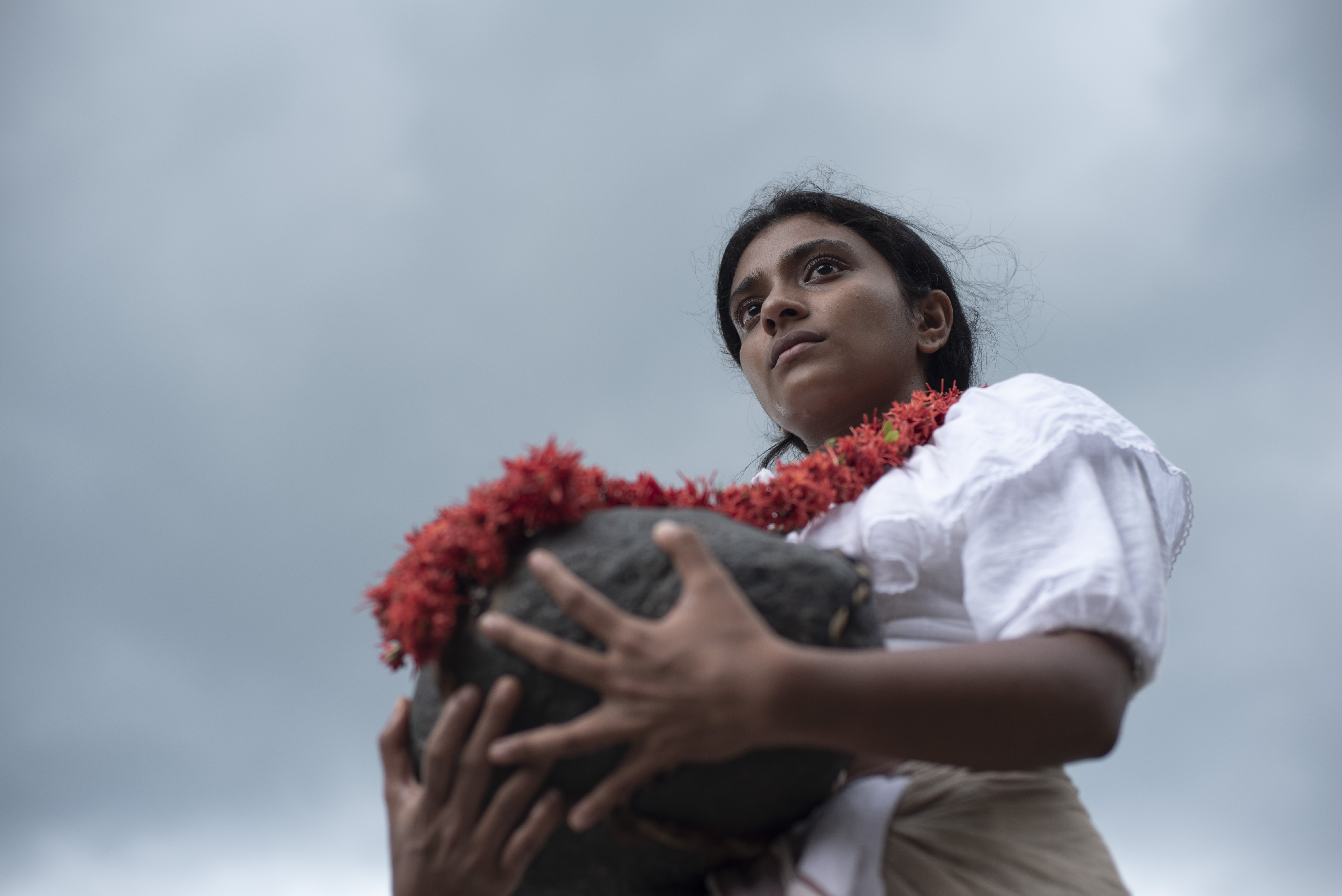
“The caste system made people irrelevant,” Vithanage explained. “Let’s say when a child is born, depending on if he is a Rodiya or Govigama (an upper caste involved in agriculture), his entire life was predestined.”
One of the world’s longest surviving social systems, a person born into a caste could not consider changing status and remained a member for life. The Rodiyas were not allowed to work, cultivate, or own property, and both men and women were prohibited from clothing their upper body.
Vithanage uses history to connect to the present. Here, caste is just one example of the kind of divisions which plague society. “Even today, society and its ruling class have made certain people irrelevant, for example on ethnic lines,” Vithanage said.
While Rodiya is the derogatory term used, the members of the caste refer to themselves as ‘Gaadi’ (Children of the Sun). “Worshippers of the Sun, they believe that they are descendents from something above,” Vithanage said. “They are the Children of the Sun.”
A Woman’s Quest For Dignity
The screenplay, which Vithanage first began writing in 1991, takes the form of a road film, where the narrative follows a journey. “They are moving from one place to another, and this story is about what happens between them on this journey,” Vithanage said.
One of the most challenging tasks was developing a character arc in Tikiri, who chooses to marry Vijaya, but continues to find ways to hold on to her prescribed dignity as a noble.
“We see how the events that happen around Tikiri affects her thought process and the way she looks at life,” Vithanage said. “Even for Vijaya, he doesn’t want this girl, but he is forced. And this journey becomes a space of understanding,” he added.
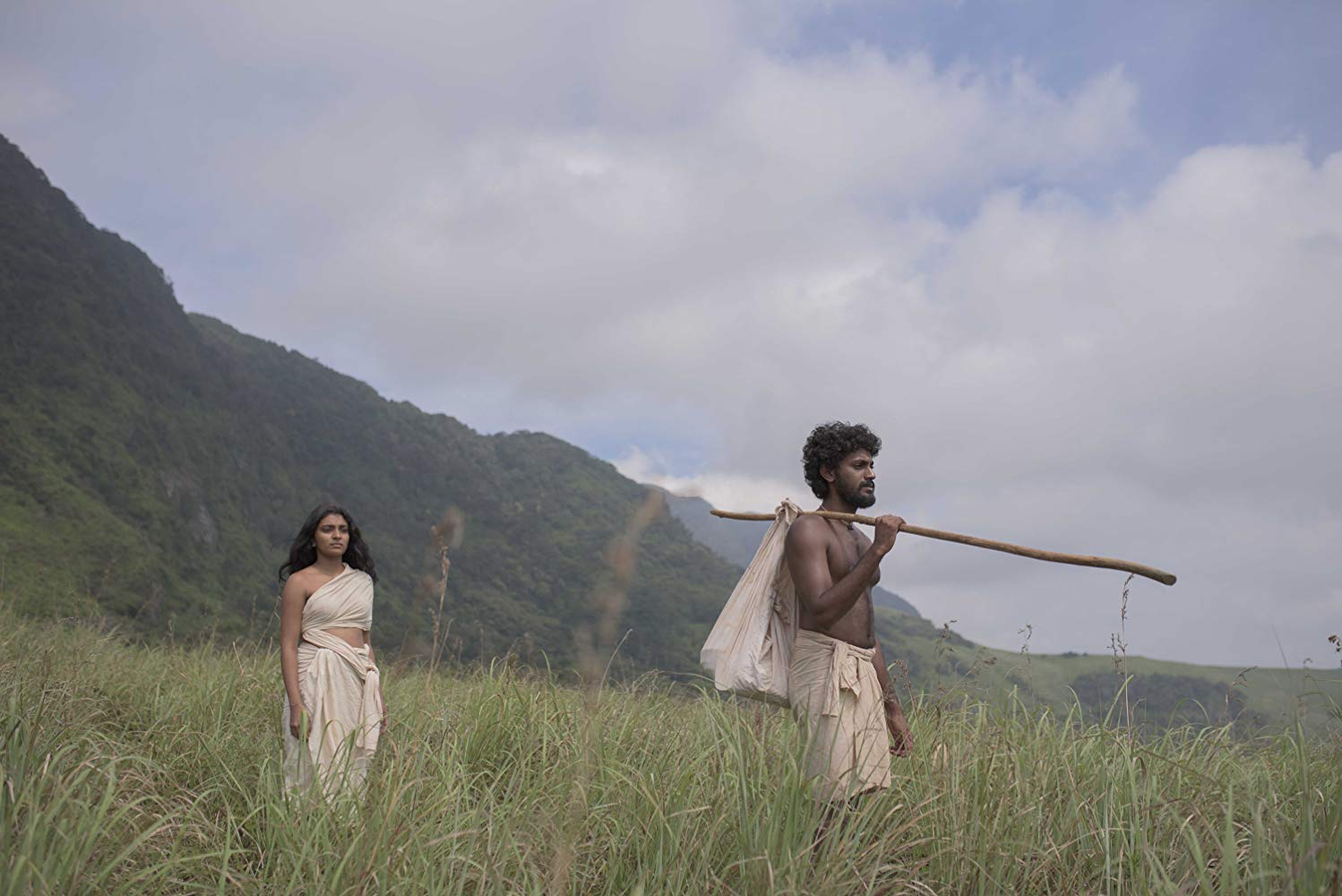
Vithanage questions the concept of ‘identity’ as each of his characters have an ingrained notion of themselves, delivered to them by their community. “In this film you will see everything attributed to caste divisions,” he said.
He also highlights the role of women in society — treated as secondary characters with little agency in their own lives, regardless of class. Just as Rodiyas were discriminated against and ostracised simply for their birth, even noblewomen are punished for the deeds of their husbands.
“And one woman refuses to do so. In a society, where at the time, women were not expected to be independent, one woman chooses to be independent through her choices,” Vithanage emphasises.
For the team, this was one of the more difficult scenes to portray. To express the feelings of not just Tikiri, but all the women making their way to imposed suicide, as well as the Rodiyas awaiting with bated breath on the other side of the river bank, for signs of a new member who has no choice but to learn the ways of their life.
Another challenge was depicting Rodi women in the film. To remove the sexuality commonly associated with partial nudity, and instead, highlight the shame and oppression in denying the women their right to clothe as wished.
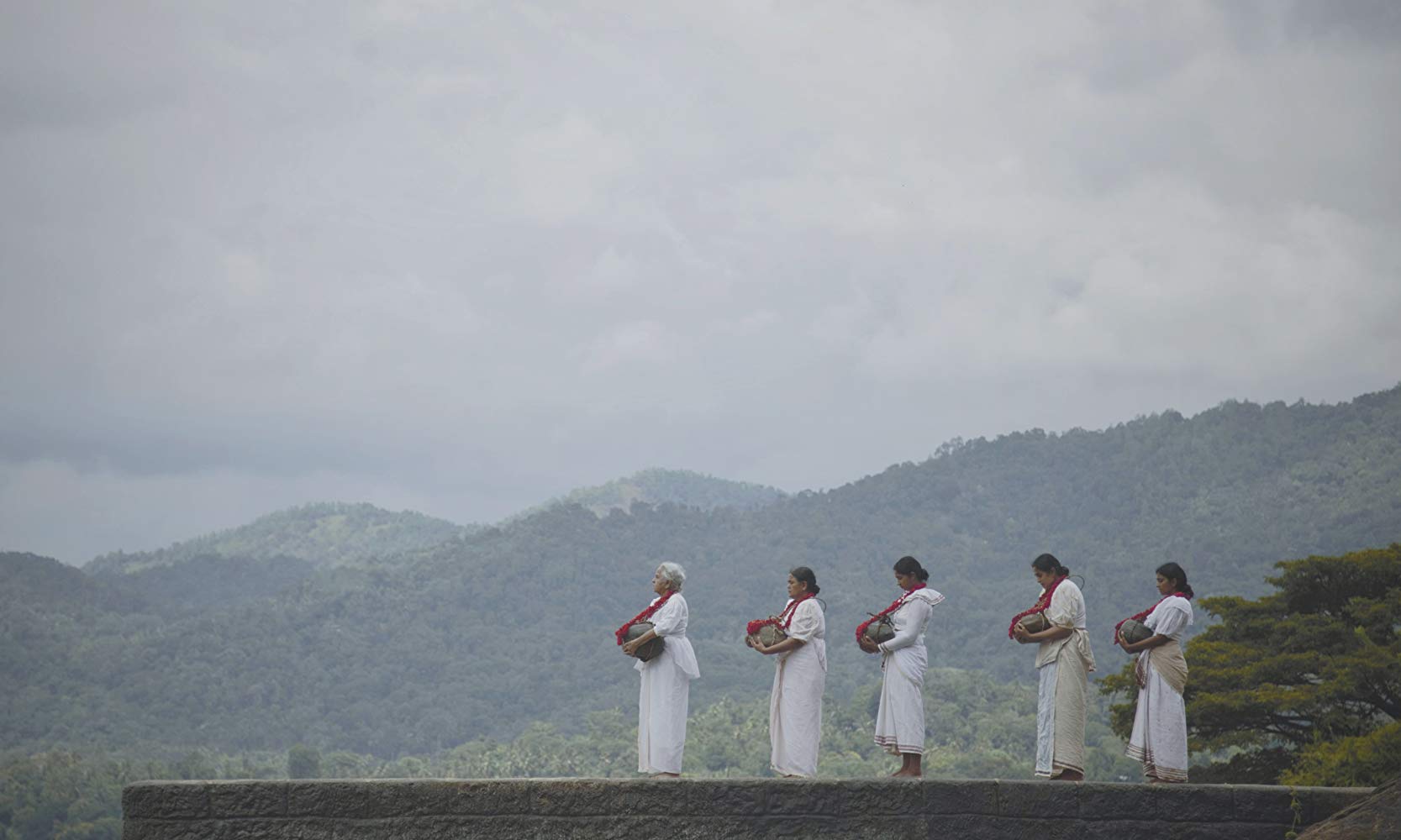
The Commoners Of History
While set in Kandy, the film travels across locations such as Dambulla, Ratnapura, Balangoda, Riverston and Trincomalee, in order to recreate Kandy as it was in 1814.
With a team of nearly 500 persons, Gaadi worked with renowned Indian cinematographer Rajeev Ravi, editor Sreeker Prasad, and sound designer Tapas Nayak. Musician ‘K’ helped create an authentic feel and the Macedonian Symphonic Orchestra provides the key soundtrack.
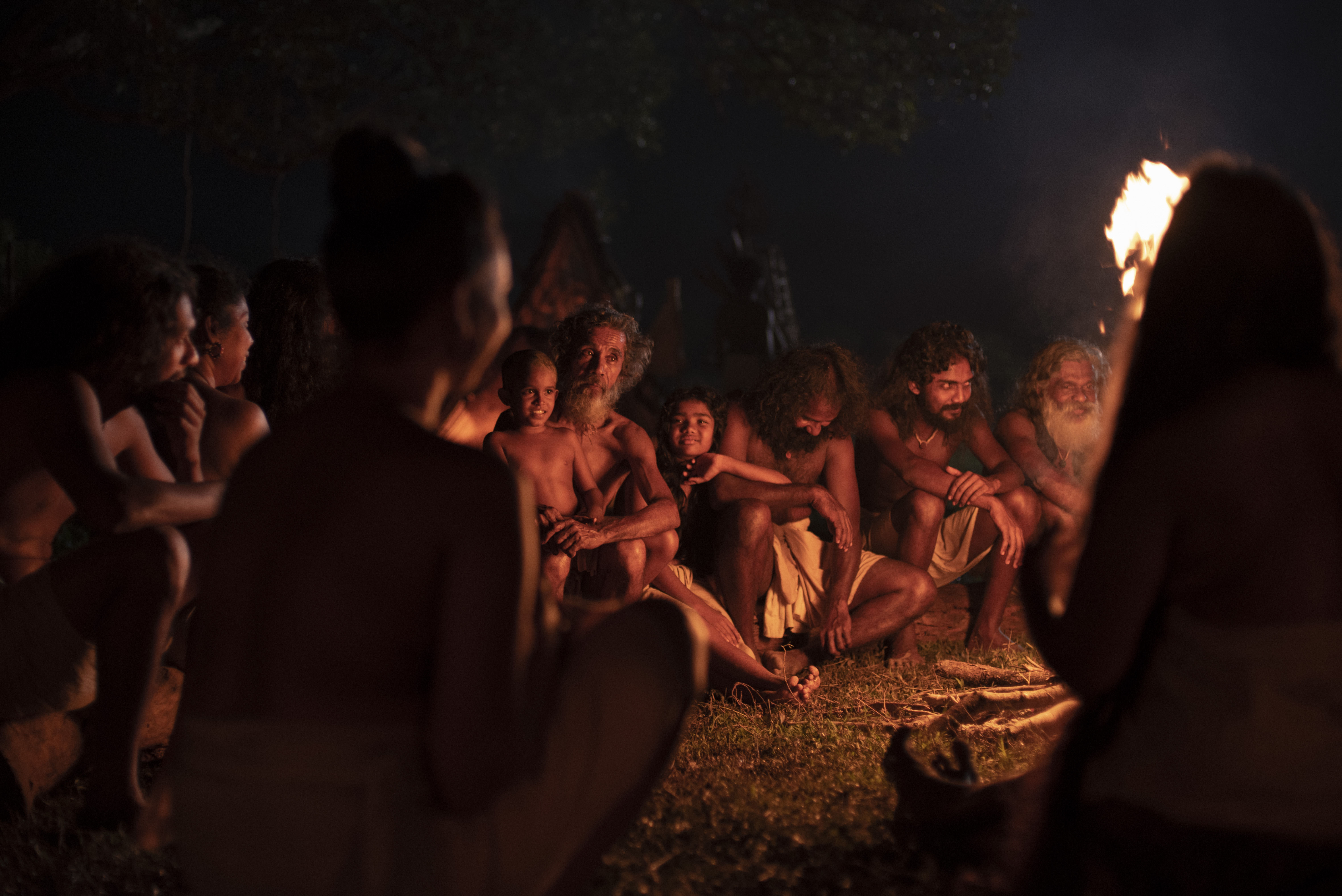
Debut actress Dinara Punchihewa takes on the role of Tikiri, while actor Sajitha Anuththara (Abha) plays her new partner, Vijaya. Some other notable cast members are Iranganie Serasinghe, Damayanthi Fonseka, Shyam Fernando, Ravindra Randeniya, Kalana Gunasekara, Ananda Kumara Unnahe, and Nethali Nanayakkara.
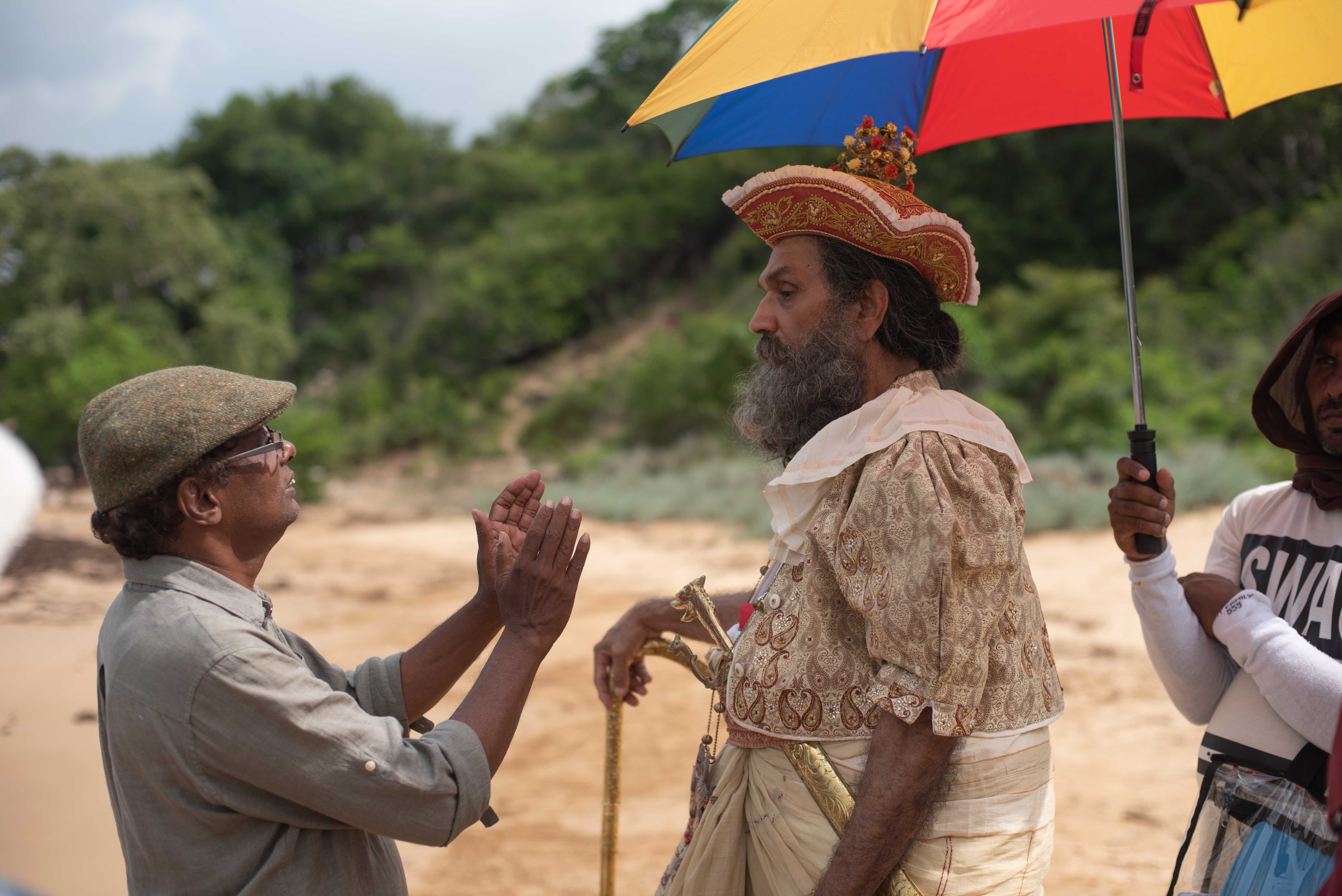
“History is often told by the victors, but this film is about the commoners. The Rodiyas may not be the heroes of history, but the film portrays how they struggle to keep their own dignity,” Vithanage said.
The film is also a powerful reminder of Sri Lanka’s misfortune to come, as a kingdom embroiled in its own conflict, succumbs to the British only a year later. The price society pays for differing ideas of nationality and demarcations in society is delivered by Vithanage, popular for his films on the underprivileged and marginalised.
“I always believe that in cinema, every moment, a character is built by beats. Every moment we exchange, there is a beat. To bring out this beat, without missing out on one, and make the audience’s heart beat the same as their characters — that is the hardest thing,” Vithanage said.
(Gaadi first premiered at the Busan International Film Festival in 2019. It was selected as one of the 100 not to be missed films from Asia in 2019 and is set to premiere in Sri Lanka this year.)
